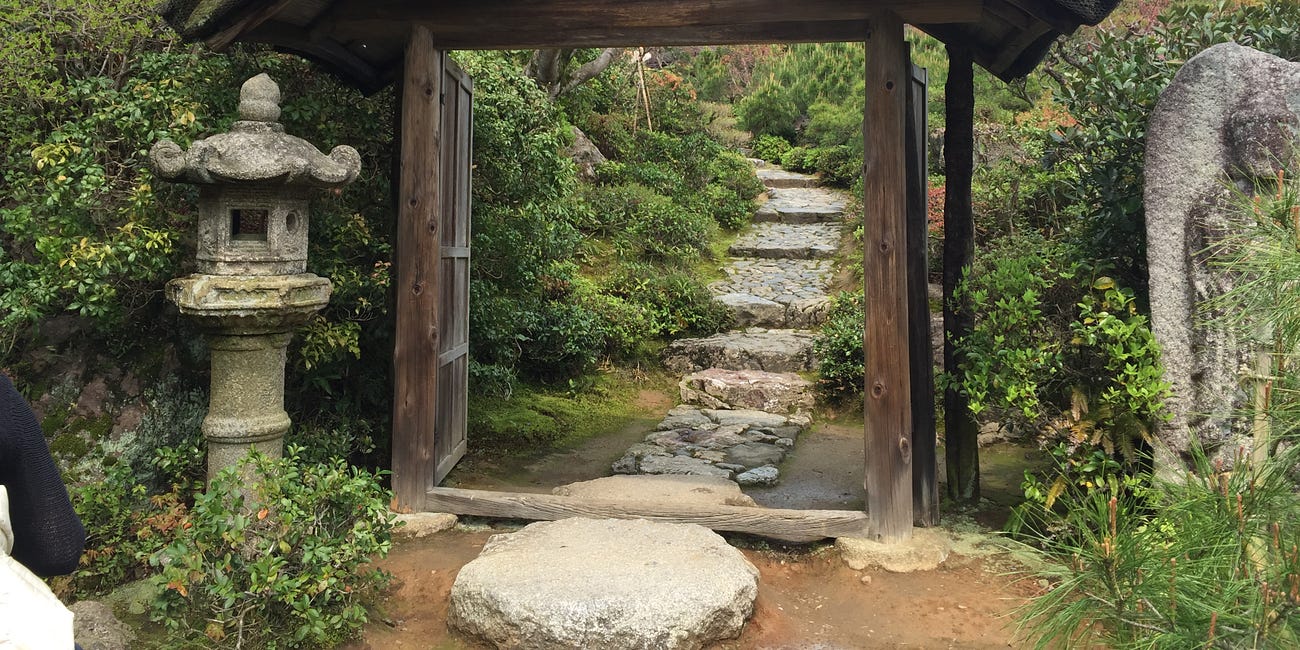The Hidden Notes of Rest: How to Recover What Sleep Alone Can’t Touch
Lately, I’ve been noticing how the natural world never rushes its seasons.
The tide pulls out, the forest goes quiet in winter, the soil lies fallow before new shoots appear.
Everything alive understands the rhythm of rest.
Yet we often push on as if we were exempt from these cycles—treating rest as something to snatch at the end of exhaustion, mostly in the form of sleep.
We collapse into bed, and when we still wake tired, we wonder what’s wrong with us.
Perhaps nothing is wrong—only incomplete.
Rest is not a single act but a whole ecosystem.
I liken it to a symphony of different pauses and replenishments, not just of the sleeping kind, each one restoring a different part of us.
And what if rest is not only something we take for ourselves but also something we offer to the people around us?
A rested person brings more patience, presence, and grace to a dinner table, a conversation, a workplace, a family.
Rest, then, is not indulgence.
It is an act of generosity.
This idea—rest as both a symphony and a gift—offers us a more expansive, and perhaps more humane, vision for how we live.
The Seven Instruments of Rest
The notion of different kinds of rest comes from Dr Saundra Dalton-Smith, a physician and researcher who has popularised the idea of seven types of rest.
Most of us lean heavily on just one instrument—physical rest—and wonder why the melody of our life feels thin or discordant.
To bring the music back, we need to learn to recognise the other instruments and give each its moment. Think about which of these you need the most.
1. The Percussion: Physical Rest
Percussion grounds a symphony.
So too, physical rest is the foundation.
It has two movements:
Passive rest—sleep, naps, simply lying down. This is the deep drumbeat that allows your body to repair.
Active rest—yoga, stretching, massage, a gentle walk. Like a soft rhythm, it keeps the body supple and releases tension.
Uncommon note: Movement can be restful.
The gentle sway of yoga or a slow stroll often soothes sore muscles more effectively than staying still.
2. The Woodwinds: Mental Rest
The mind is like a clarinet that never stops playing.
It needs pauses in the score.
Mental rest comes from brief breaks during the day, jotting down to-do lists so the brain doesn’t have to hold them, short meditations, or simply staring out of the window.
Uncommon note: Writing a task down—without acting on it—reduces cognitive load.
Your mind trusts the page to remember for you.
3. The Harp: Sensory Rest
The harp’s gentle notes can be lost in too much noise.
Our senses too are often overwhelmed by screens, alerts, traffic, bright lights.
Sensory rest invites quiet: dimming the lights, closing the eyes, putting devices aside, slipping into nature where birdsong replaces notification pings.
Uncommon note: Even pleasant stimuli—like favourite music or scrolling inspiring images—can overwork the senses.
Short periods of near-silence or darkness can feel surprisingly restorative.
4. The Trumpets: Creative Rest
When the trumpets play, we sit up a little straighter.
Creative rest revives that spark of wonder.
It doesn’t mean forcing yourself to produce something new.
It means letting yourself receive—wandering in a gallery, listening to live music, staring at the night sky, reading a story that stirs you.
Uncommon note: Exposure to art outside your own field often triggers fresh ideas.
A scientist may find insight in a painting; a parent may rediscover playfulness in a poem.
5. The Strings: Emotional Rest
Strings bring warmth and depth.
Emotional rest is about putting down the mask—no need to perform or people-please—so that feelings can rise and settle naturally.
It can be as simple as being with someone you trust and telling the truth about how you are, or journalling honestly, or creating a boundary around a draining relationship.
Uncommon note: Emotional fatigue often stems not from feeling too much, but from suppressing what needs to be felt.
6. The Harmonies: Social Rest
Some people replenish us; others quietly deplete us.
Social rest is choosing the former, limiting the latter, and knowing when to seek solitude.
Uncommon note: Even extroverts sometimes need social rest, and sometimes the best social rest is quiet presence with a trusted friend—no small talk required.
7. The Solo: Spiritual Rest
Every great piece of music has a moment when a single instrument rises in stillness.
Spiritual rest is that moment of connection to something greater than ourselves—through prayer, contemplation, time in nature, service, or a sense of meaning.
Uncommon note: Spiritual rest is not about doing more; often it’s about being still enough to remember we are part of something vast and held.
Rest as Generosity
If the idea of rest makes you feel guilty—like you’re taking something away from others—consider this:
A rested person is more patient with a child’s questions.
A rested leader listens more generously.
A rested friend remembers to ask how you are and lingers to hear the answer.
Rest is not self-centred.
It is the well from which we pour our presence, kindness, and creativity into the world.
You don’t need to engage all seven types every day.
Instead, ask yourself:
Which instrument in my life is out of tune today?
Which part of the score has been neglected?
Begin there—with a nap, a quiet walk, a few minutes of unhurried prayer, a conversation with a trusted friend, a night without screens, or a gallery visit.
Tiny shifts—sometimes just two or three minutes—can start to restore the harmony.
Rest is not the absence of living.
It is what allows us to live fully tuned, able to offer the best of ourselves.
By resting well, you don’t only heal yourself—you offer the world a clearer, richer, more generous song.
Time Makes the Miso: Japanese inspired life lessons on the power of patience
From my latest interview with Beth Kempton, bestselling author of the book Wabi Sabi: Japanese wisdom for a perfectly imperfect life, and five other amazing non-fiction books, I ended up with a page full of notes. One that struck me profoundly was her story around the quote:







Incredible Read 👏🏽 ..rest is important for our body to heal from the inside 💠
https://open.substack.com/pub/lettersfromwildwithin/p/dear-rest?utm_source=app-post-stats-page&r=4zhzfe&utm_medium=ios
A letter to Rest evoked from your post 🕯️